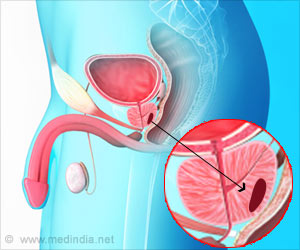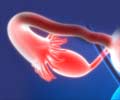Docetaxel Medication Information
Discover comprehensive details about Docetaxel, including its pronunciation, uses, dosage instructions, indications, and guidelines on how and when to take it or avoid it.
The updated prescription information covers potential side effects, precautions, warnings, and storage recommendations.
Additionally, explore the Docetaxel brands available in India and internationally, along with pricing information. For personalized advice, consult your healthcare provider.
Generic Name : Docetaxel Pronunciation : DOE-se-TAX-elBrand Names or Trade Names of Docetaxel
India :
International :
Taxotere
Why is Docetaxel Prescribed? (Indications)
This medication is an anti-cancer agent, mainly used for the treatment of breast, ovarian, gastric cancer, head and neck cancer, prostate cancer and non-small cell lung cancer either alone or with other medications. It belongs to taxane group. It stops the growth and spread of cancer cells.When should Docetaxel not be taken? (Contraindications)
Contraindicated in patients with previous severe hypersensitivity reaction to this drug, the solvent or polysorbate 80, severe decrease in white blood cells, pregnancy, severe liver impairment.What is the dosage of Docetaxel?
IV- The recommended dose is 100mg/m2 over 1 hour infusion, repeat it for 3 weeks.How should Docetaxel be taken?
It comes as a liquid to be given intravenously (into a vein) by a doctor or nurse in a hospital or clinic. It is usually given over 1 hour once every 3 weeks.What are the warnings and precautions for Docetaxel?
•You may develop muscle or joint pain, numbness, tingling, burning, or weakness in the hands, arms, legs, or feet. Contact your healthcare provider immediately if these symptoms occur.Monitor liver blood function and blood counts regularly.
Treatment with corticosteroids before starting this medication is recommended.
Caution needed during pregnancy and breastfeeding.
What are the side effects of Docetaxel?
Heart- Low blood pressure, abnormal heart rhythm, blood clot in deep vein, ECG abnormalities, heart attack, blood clot in the lung, and fainting.Central Nervous System- Weakness, neurosensory and neuromotor symptoms, confusion, seizures, transient loss of consciousness.
Skin- Hair loss, severe allergic reactions, nail color changes.
Eye and ENT- Inflammation of conjunctiva, tears, transient visual disturbances including flashes, flashing lights, and blurred vision.
Gastrointestinal- Mouth ulcer, severe diarrhea, nausea, vomiting, taste perversion, abdominal pain, loss of appetite, inflammation small intestine of colon, constipation, dehydration associated with GI reactions, duodenal ulcer, GI hemorrhage, GI perforation, ileus, intestinal obstruction.
Genitourinary- Kidney failure.
Blood- Decrease in white blood cells, platelets, anemia, bleeding episodes.
Liver- Increased level of liver enzymes, hepatitis.
Hypersensitivity- Severe hypersensitivity reactions.
Local- Infusion-site reactions, inflammation of vein, redness or dryness of skin, and swelling of vein.
Metabolic- Fluid retention.
Musculoskeletal- Joint pain, muscle pain.
Respiratory- Acute lung swelling, acute respiratory distress syndrome, difficulty in breathing, stiffening and scarring of lung tissue.
Miscellaneous- Infection, fever in absence of infection, death due to infection, non septic death, chest pain, diffuse pain, radiation recall phenomenon.


















